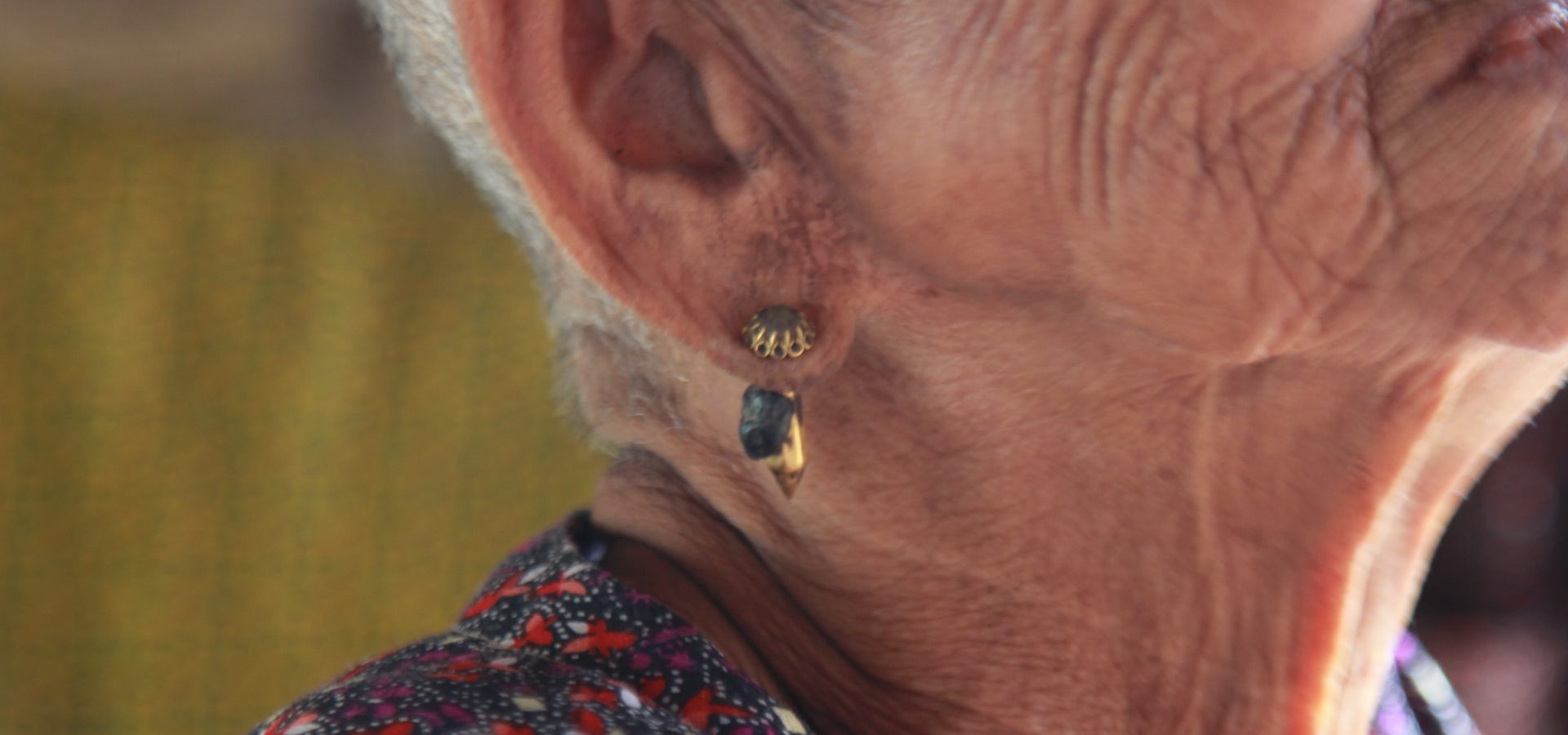Menu

Hearing loss can be a devastating condition that often affects senior citizens, so elderly people over 65-years-old and above are often the most at risk. However, the way people develop hearing problems is different for every situation and individual. Some notice the hearing condition worsening over the years—with or without proper hearing care. On the other hand, others had normal hearing until they woke up with deafness the next day.
People who showed no signs of developing hearing loss but got it unexpectedly may be dealing with Sudden Sensorineural Hearing Loss (SSHL), which, as the moniker suggests, is a problem that causes sudden deafness with little-to-no warning. The gravity of the hearing loss varies, with some experiencing sound quickly becoming lower.
Why Does Sensorineural Hearing Loss Happen?
SSHL is a hearing condition that impacts the way ears notice decibels, which is the measurement for the intensity and loudness of a sound. Normal speech is at 60 decibels, while 30 decibels is considered a whisper. With that in mind, failing to pick up sounds in increments of 30 decibels within a fast period is known as an SSHL, so regular conversions may sound hushed out of the blue.
What are the Symptoms of SSHL?
- Difficulty following conversations;
- Muffled, low sounds;
- Trouble hearing high-pitched sounds;
- Dizziness;
- Balance problems;
- Tinnitus;
Keep in mind that nine out of ten people with SSHL often experience hearing problems with one ear only, which is noticeable as soon as the following morning when the symptoms start to manifest.
What Causes Sensorineural Hearing Loss?
SSHL typically compromises the nerve pathways connecting the ear to the brain (cochlea), but there are various reasons behind this sudden development. While there are no specific causes for SSHL, the list below is some of the most common culprits that contribute to the progression of SSHL.
- Malformation of the inner ear
- Head injury or trauma
- Prolonged exposure to loud noise
- Neurologic conditions, such as multiple sclerosis
- Immune system disease, such as Cogan syndrome
- Meniere disease, which is a disorder that affects the inner ear
- Lyme disease, which is an infectious disease that’s often transmitted through tick bites
- Ototoxic medication, which can harm the ear
- Venom from a snake bite
- Blood circulation problems
- Abnormal tissue growth or tumours
- Blood vessel disease
- Ageing
SSHL commonly affects older people, though some babies can also be born with this hearing condition due to infections passed down from the mother during pregnancy like rubella, syphilis, or herpes.
The Bottom Line: Getting the Right Hearing Care You Need
Sensorineural hearing loss is a highly alarming ear condition that requires the immediate attention of a hearing professional, so when you notice your hearing gradually worsens in quick succession, it’s best to get medical attention as soon as possible.
Why Choose Our Audiologists in Langley City?
Want to prevent hearing damage? If you’re looking for a hearing clinic in Abbotsford, get in touch with us for a free consultation! We can provide the best hearing test and hearing aids to improve your quality of life.
Share Post
Facebook
Twitter
LinkedIn
Email
Reddit
Pinterest
